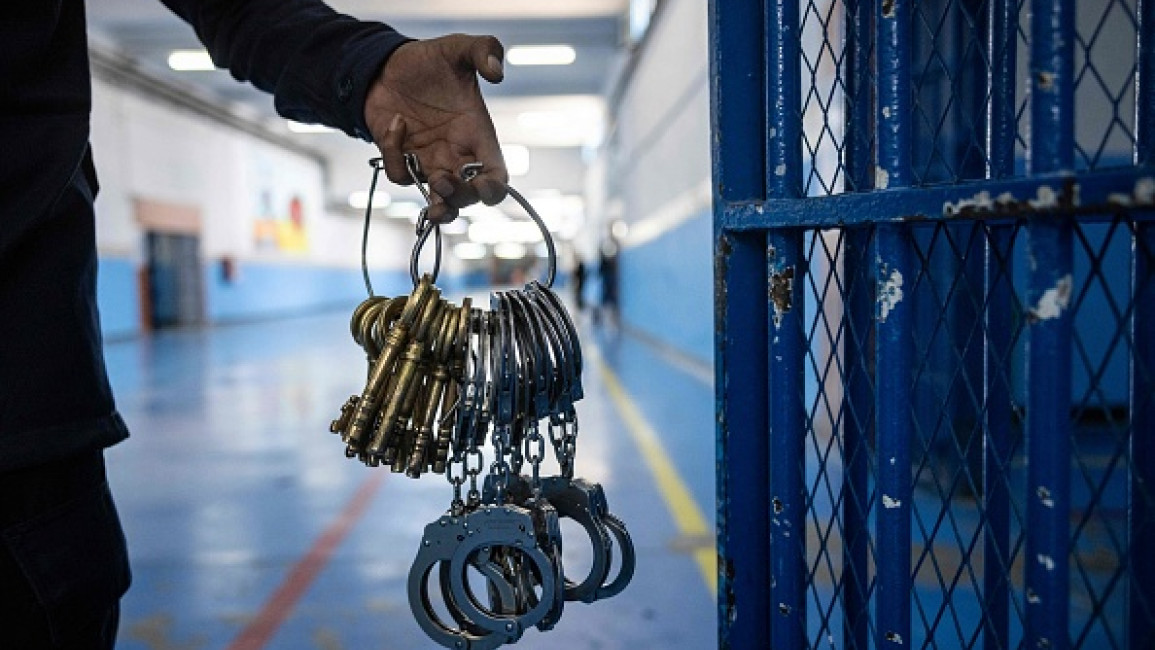Morocco man sentenced to five years in prison for anti-normalisation Facebook post
A Moroccan internet user has been sentenced to five years' jail for criticising the king on Facebook over the country's normalisation of ties with Israel, his lawyer told AFP on Wednesday.
Said Boukioud, 48, "was sentenced to five years in prison on Monday for Facebook posts denouncing normalisation with Israel in a way that could be interpreted as criticism of the king", El Hassan Essouni said, adding that he has appealed.
Under the country's constitution, foreign affairs are the prerogative of the monarch, King Mohammed VI.
Morocco and Israel normalised relations in December 2020 as part of the controversial US-brokered Abraham Accords, which drew widespread criticism from much of the Arab world as Israel continues to illegally occupy the West Bank and east Jerusalem, and besiege the Gaza Strip.
Many Palestinians described the move, which also saw the UAE and Bahrain establish diplomatic relations with Israel, as a "stab in the back" for the Palestinian cause.
🇲🇦🇮🇱 Un citoyen Marocain Saïd Boukioud, 48 ans a écopé 5 ans d'emprisonnement par la cour de justice de #Casablanca, pour avoir dénoncé sur Facebook la normalisation de son pays avec Israël. pic.twitter.com/FJH4gPoA2V
— MENA Intelligence (@MenaIntelligenc) August 3, 2023
The Casablanca court's verdict "is harsh and incomprehensible", the lawyer said.
He added that despite his client's expressing rejection of ties with Israel, he had no intention to offend the king in doing so.
The posts on Facebook dated from the end of 2020, when Boukioud was living and working in Qatar.
He "deleted the posts and closed his account when he learned he was being prosecuted in Morocco", the lawyer said.
Boukioud was convicted under Article 267-5 of the penal code which stipulates a jail term of between six months and two years for anyone who undermines the monarchy.
But that sentence can be increased to five years if an offence is committed publicly, including by electronic means.
Human rights activists say the law hinders freedom of expression, and its wording "does not specify exactly what might constitute an attack" on the monarchy.
Since normalising ties, Morocco and Israel have boosted cooperation in areas including security, trade and tourism.
But not all Moroccans support this, especially since the rise to power last December of the far-right wing coalition led by Prime Minister Benjamin Netanyahu, described as Israel's most nationalist government in its 70-year history.
Many Moroccans also have strong pro-Palestinian sympathies and have protested Rabat's normalisation - as well as Israeli assaults on Palestinians -, on a number of occasions.
In a speech on Saturday marking the anniversary of his accession to the throne in 1999, the king reiterated "Morocco's unwavering stance in support of the just Palestinian cause and the legitimate rights of the Palestinian people".



